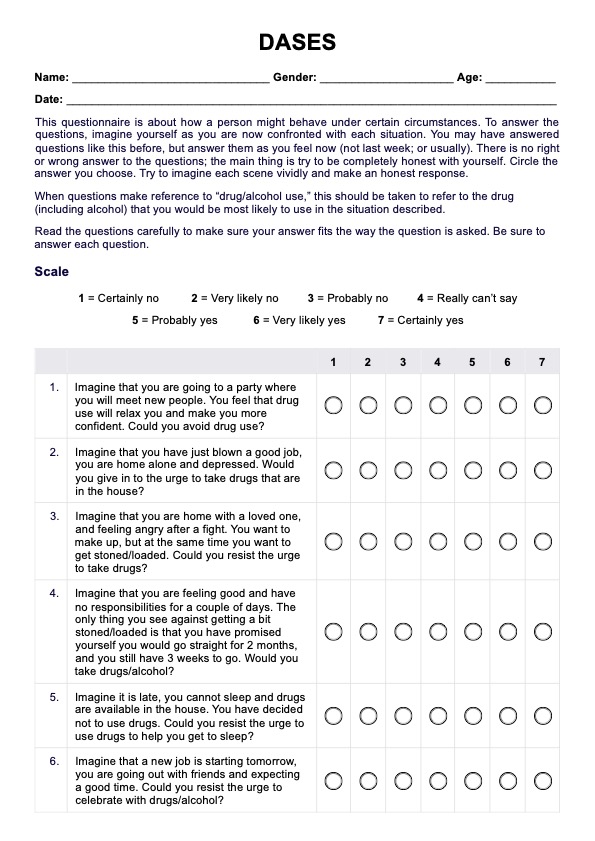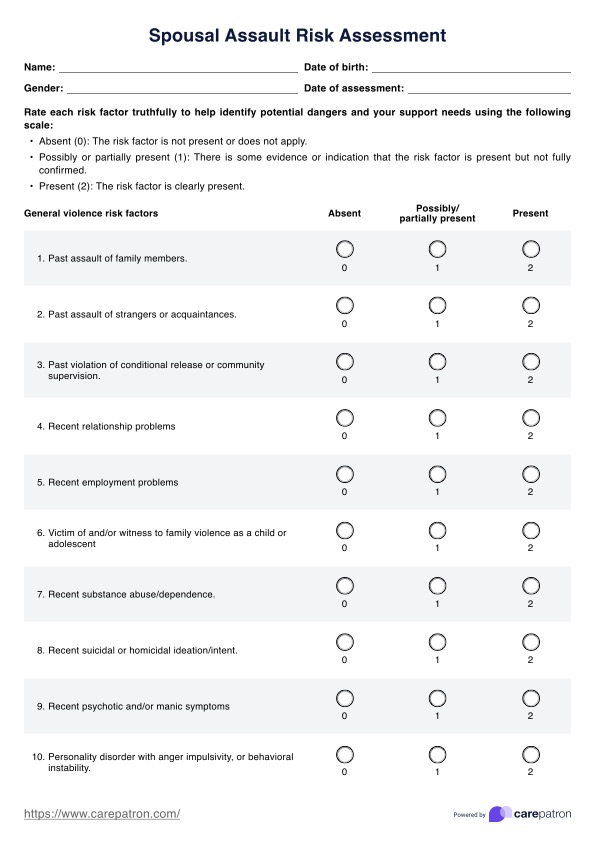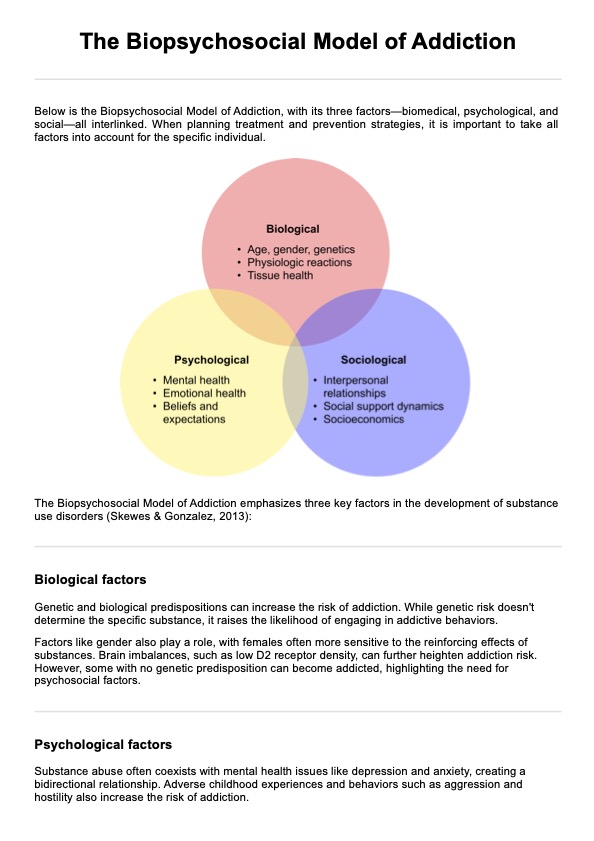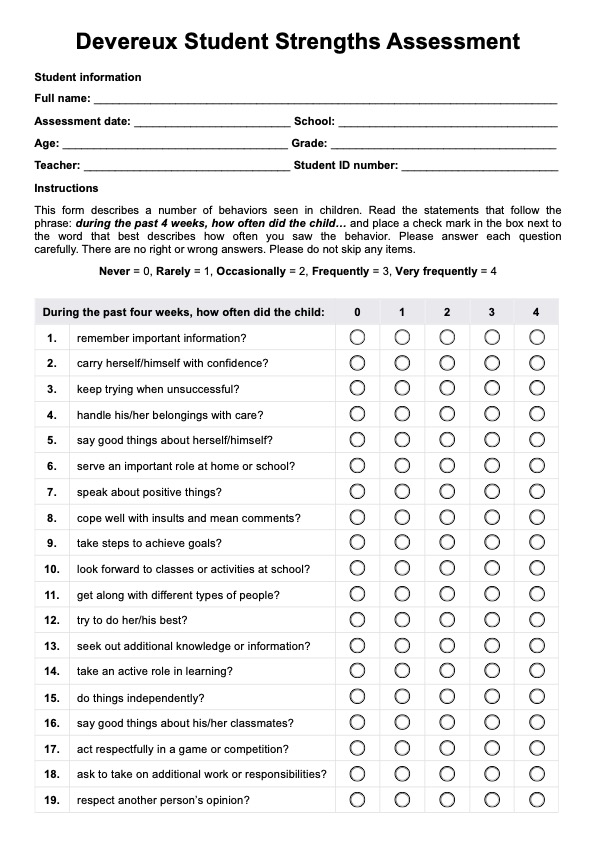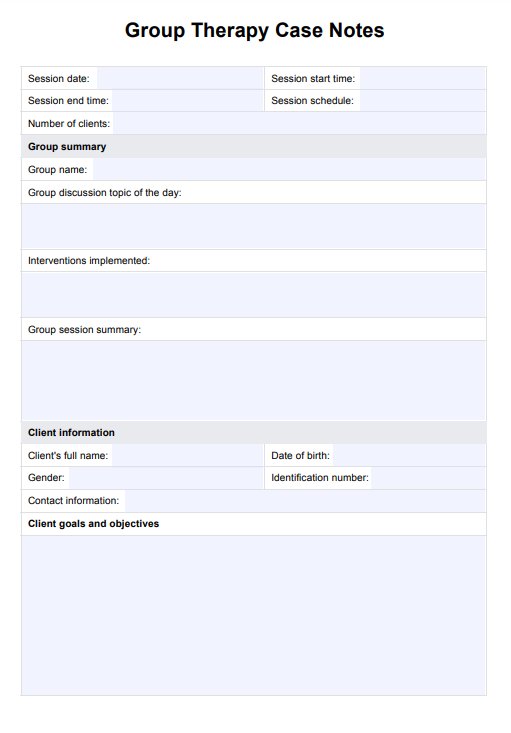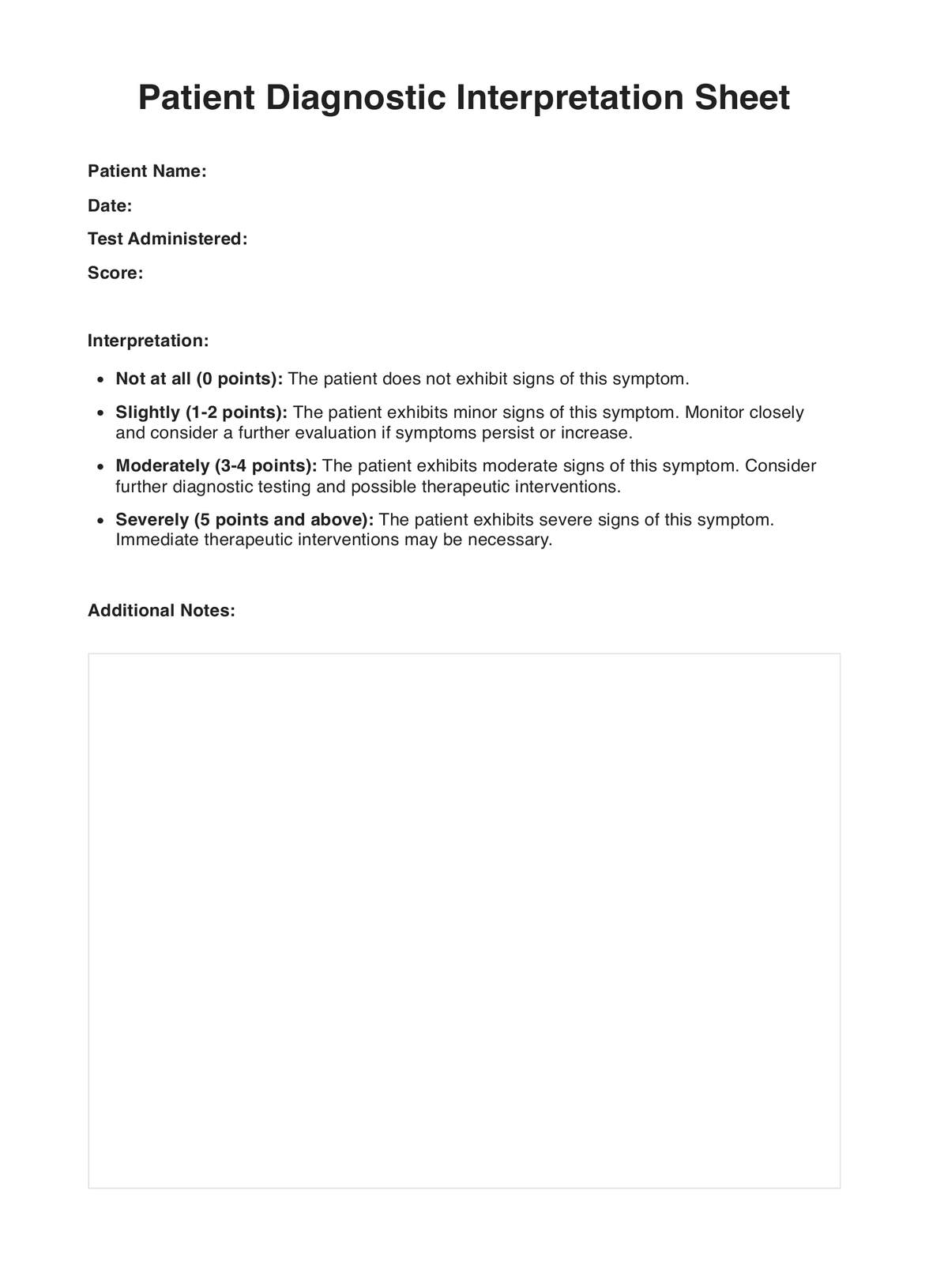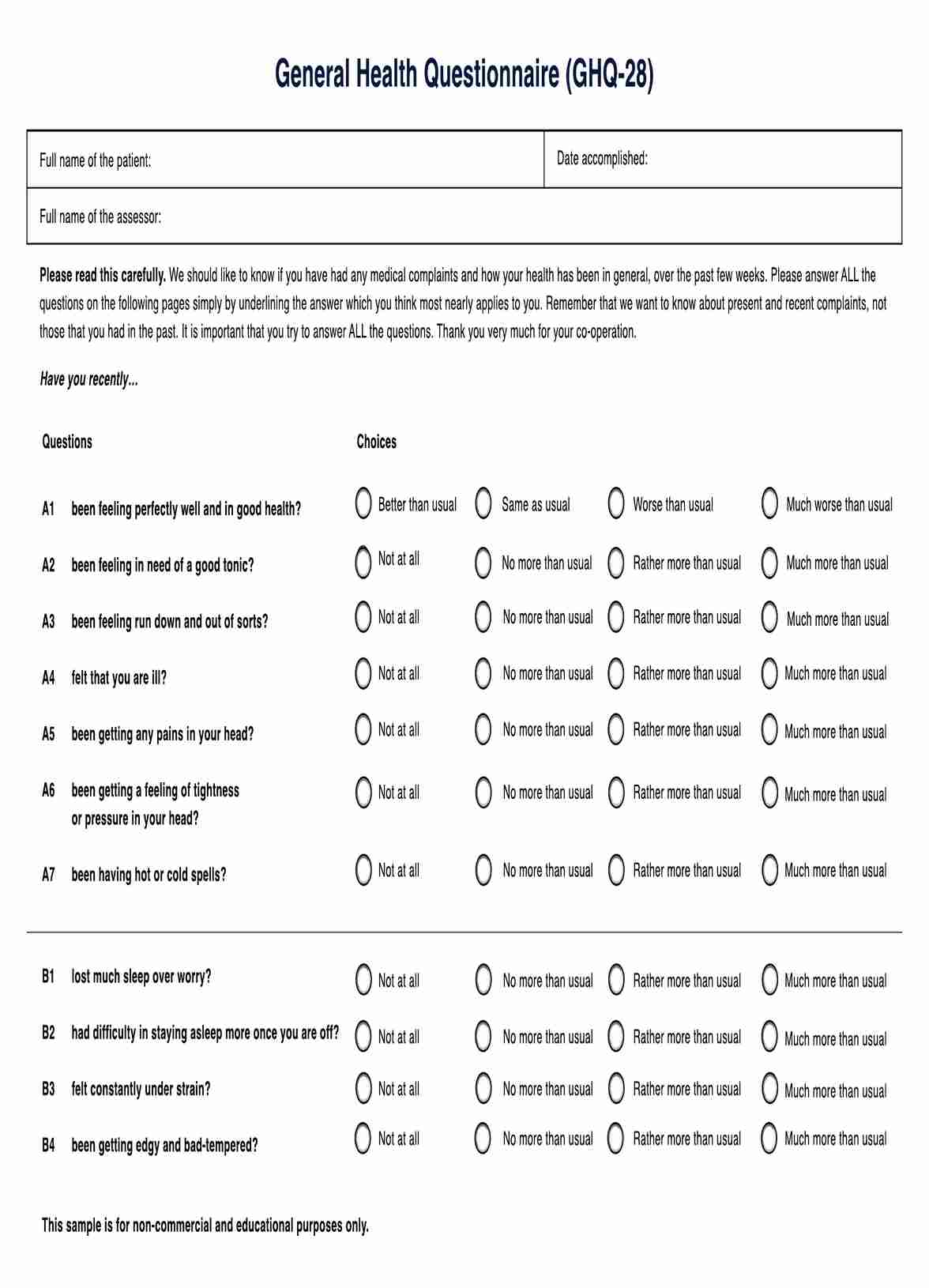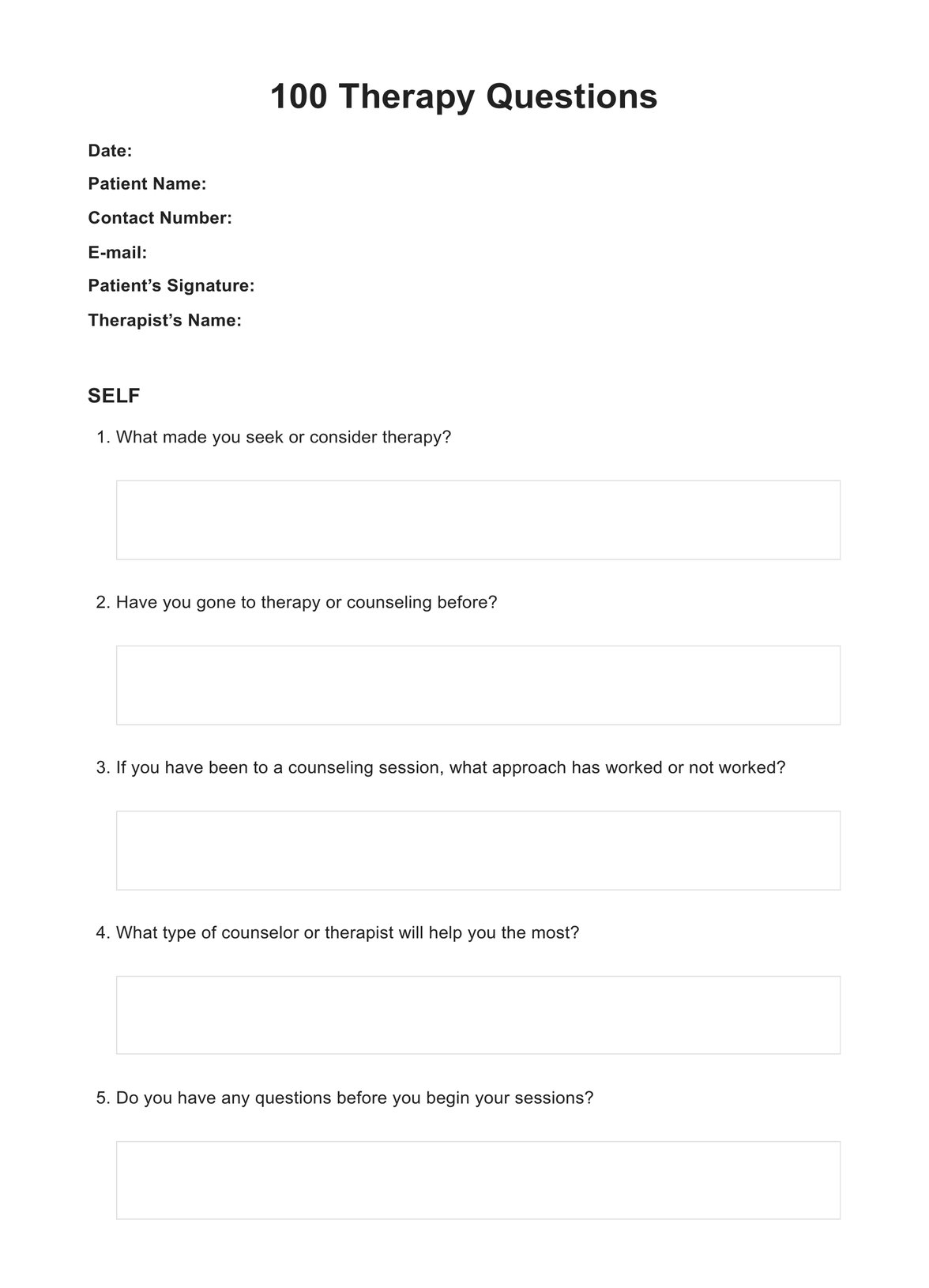Psychopath Spectrum Test
Learn about psychopathy and Psychopath Spectrum Tests through this mini-guide!


What is psychopathy?
Psychopathy is a multifaceted personality disorder characterized by highly concerning behaviors and attitudes, including having a massive ego and excessive self-importance, antisocial behavior, having little to no empathy for others, and having little to no remorse after doing something that might have hurt other people or even animals.
People who have psychopathy are referred to as psychopaths. These people often have the following characteristics:
- They can be impulsive and do things without considering the consequences
- If the consequences of their actions affect others horribly, they won’t feel bad
- They might have a limited range of emotions, which makes it difficult for them to relate and understand others on an emotional level
- They can be pathological liars and often find ways to manipulate others to get what they want
- Speaking of manipulating others, they can put up a front that most people might find charming
- They can be aggressive and violent
According to researchers, several factors can put a person at risk of developing this complex and potentially dangerous disorder. These include the following:
- Genetics
- Problems with brain chemistry that affect one’s ability to feel guilt, empathy, fear, and anxiety
- Being exposed to dysfunctional environments (family and friends)
- Having a lack of parental and sibling attachments
- If they’ve had behavioral disorders since childhood that were never addressed (conduct disorder, ODD, etc.)
Psychopath Spectrum Test Template
Psychopath Spectrum Test Example
How to use the Psychopath Spectrum Test
If you’ve ever wondered, “Am I a psychopath,” then you’ve likely searched for online quizzes out of curiosity. There’s a lot online, some made for fun and others made by experts and researchers. The type of online quiz we will discuss for this guide is the Psychopath Spectrum Test created by IDRlabs. It’s based on the work of Michael R. Levenson and is meant to measure the psychotic traits of a non-institutionalized person.
You must visit the IDRlabs official website to access the test and answer 27 questions. Here are samples of such questions you will encounter:
- I have never been in trouble with the law.
- Most of my problems are due to the fact that other people don't understand me.
- I let others worry about so-called “higher values”; my main concern is to get what I want.
- Love is overrated.
- I end up in the same kinds of trouble, time after time.
- People who get ripped off usually deserve it.
- I feel justified doing whatever I can to succeed.
- I tell other people what they want to hear so that they will do what I want them to do.
- What’s right is whatever I can get away with.
- Success is about the survival of the fittest; I am not concerned about losers.
- I enjoy manipulating other people's feelings.
Those answering the test will notice a slider at the bottom of each statement. By default, it’s set in the slider's middle, indicating a neutral self-rating. One must drag the slider to a specific point based on how much the statement applies to them. At the left end is “Disagree.” At the right end is “Agree.”
How is the Psychopath Spectrum Test scored and interpreted?
Since the Psychopath Spectrum Test created by IDRlabs is an online quiz, we’re not privy to how the answers are scored or calculated.
After providing self-ratings for all 27 items, you will be directed to another page that shows how your answers are interpreted. Your evaluation will take the form of a graph with four quadrants representing the following:
- Normal (light blue, on the lower left)
- Impulsive (yellow, on the lower right)
- Sociopath (grey, on the upper left)
- Psychopath (red, on the upper right)
There will be two circles: the purple one represents you, and the green one represents the general populace. Your circle will be placed on a particular part of the graph based on your answers.
This will be accompanied by a statement indicating the percentage of what overall rating represents you. An example would be: “You are 50% sociopathic, 50% impulsive, which makes you 25.13% more psychopathic than the population average.”
After your overall rating, there will be an explanation of terms for Normal, Impulsive, Sociopath, and Psychopath.
When is it best to take the Psychopath Spectrum Test?
You can answer it for fun
Again, the Psychopath Spectrum Test we discussed is an online quiz. There are many other versions of it online. You can do that because most online quizzes are answered for fun and leisure. Even if you rate a statement in a way that would point out that you might have psychopathy, that doesn’t mean you have it, nor are you a psychopath.
You can answer it out of genuine concern
Suppose your ratings genuinely reflect how you feel about yourself and others, and you’re bothered by the fact that they genuinely reflect how you feel. In that case, we recommend getting checked by a specialist, getting a diagnosis, and working with them to manage your psychopathy if you get diagnosed with it.
When seeing a mental healthcare specialist
Replacing the actual scoring part on our template is the question, “What is your overall Psychopath Spectrum Test score? Please copy and paste the rating given to you below.”
If you’ve scheduled an appointment with a psychopathy specialist, you can indicate your answers from the IDRlabs version on our mock template and then indicate your overall rating. Your specialist can run your answers on the official IDRlabs website to see the quadrants you fall on and then discuss the next steps.
What are the benefits of taking a Psychopath Spectrum Test?
It can make a person self-aware of psychopathic traits they might have
Most people will likely take the online Psychopath Spectrum Test by IDRlabs or any other group out of curiosity. However, it’s possible for such tests to be answered genuinely and might reflect potential problematic behaviors and thoughts that the person answering it might have. By being self-aware of such potential traits, they can do something about it, like seeing a specialist.
It can be used as a way to kickstart a comprehensive examination
If a patient answers the IDRlabs’ Psychopath Spectrum Test out of genuine curiosity and concern, they can show their results to a psychopathy specialist. If the results show a high psychopath rating, specialists can use that as the impetus to begin a comprehensive examination of a patient to see if they have psychopathy.
It can give some people peace of mind
If you’re one to take quizzes wholeheartedly and out of genuine curiosity, you can take the Psychopathy Spectrum Test to see where you’re at on the spectrum. Just as it’s possible for this quiz to unsettle those who might have psychopathic traits and tendencies, it can provide peace of mind to those who don’t. Seeing yourself on the Normal spectrum will likely make you feel relieved that you don’t have psychopathic traits or tendencies, or if you do, they’re likely mild.
Use this Relaxation Techniques template to help clients manage stress and anxiety effectively. This template offers a structured approach to implementing various relaxation practices.
Commonly asked questions
No. You should not use this test to diagnose yourself with psychopathy under any circumstance because it is an online quiz, not a diagnostic tool.
It would be best to take whatever result you get with a grain of salt, considering it’s an online quiz. The IDRlabs website claims that the test is made by certified professionals who have worked with psychometrics and personality testing. Still, we recommend sharing your test results with an actual specialist so you can get properly tested and diagnosed.
No. There is no known cure for psychopathy. The best that can be done is to take psychotherapy (primarily cognitive behavioral therapy), attend and finish behavioral skills training, and take antipsychotics and mood stabilizers.


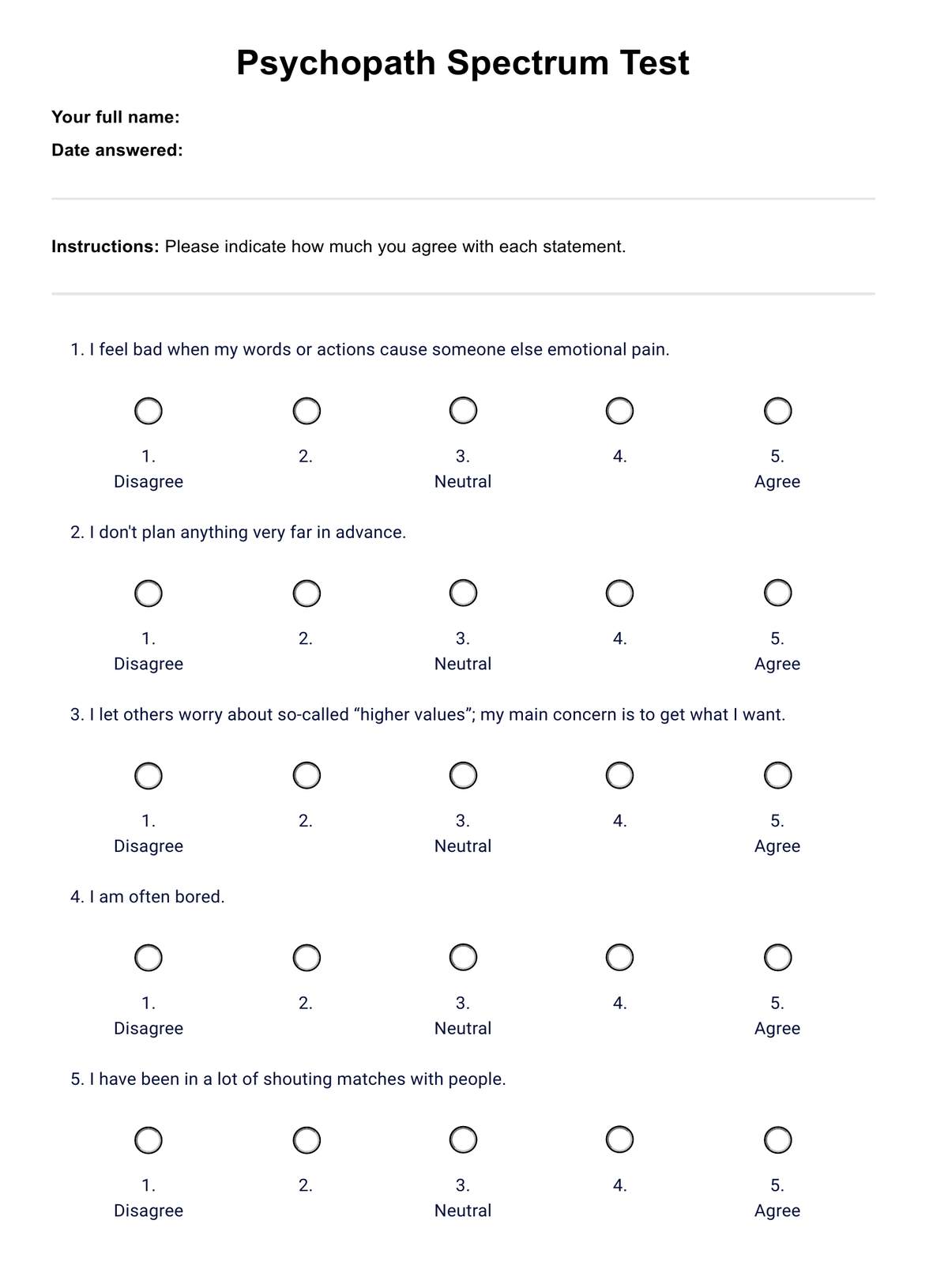
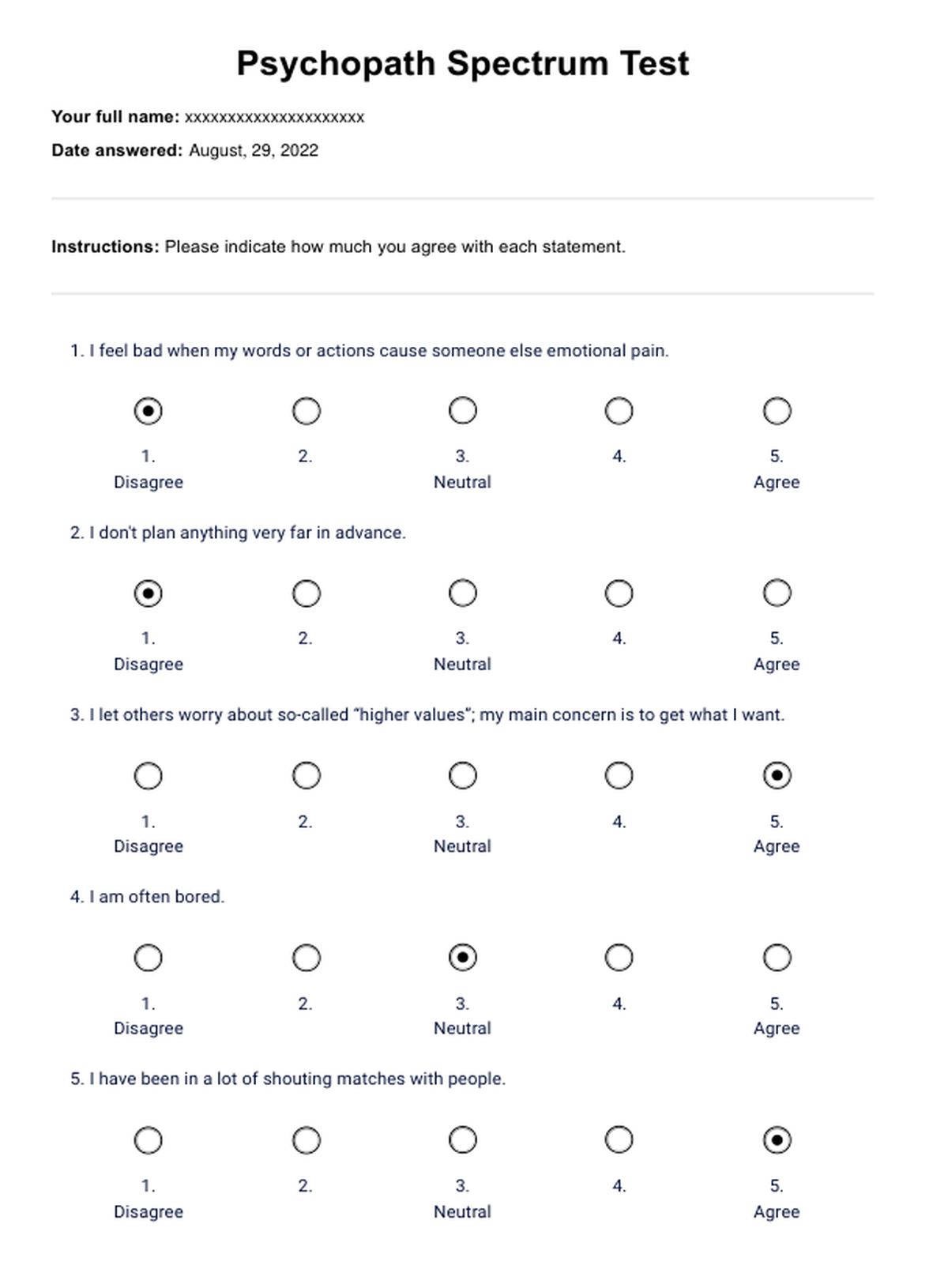



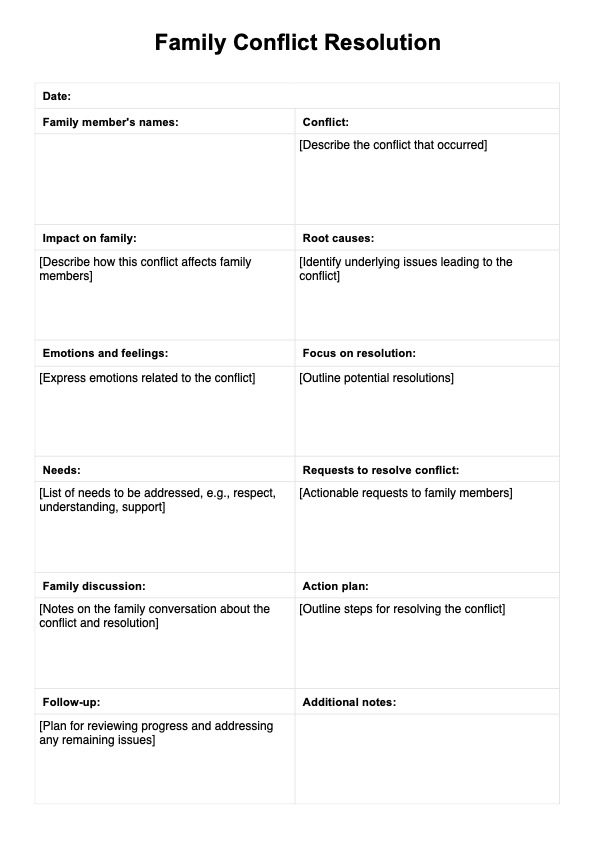












-template.jpg)


